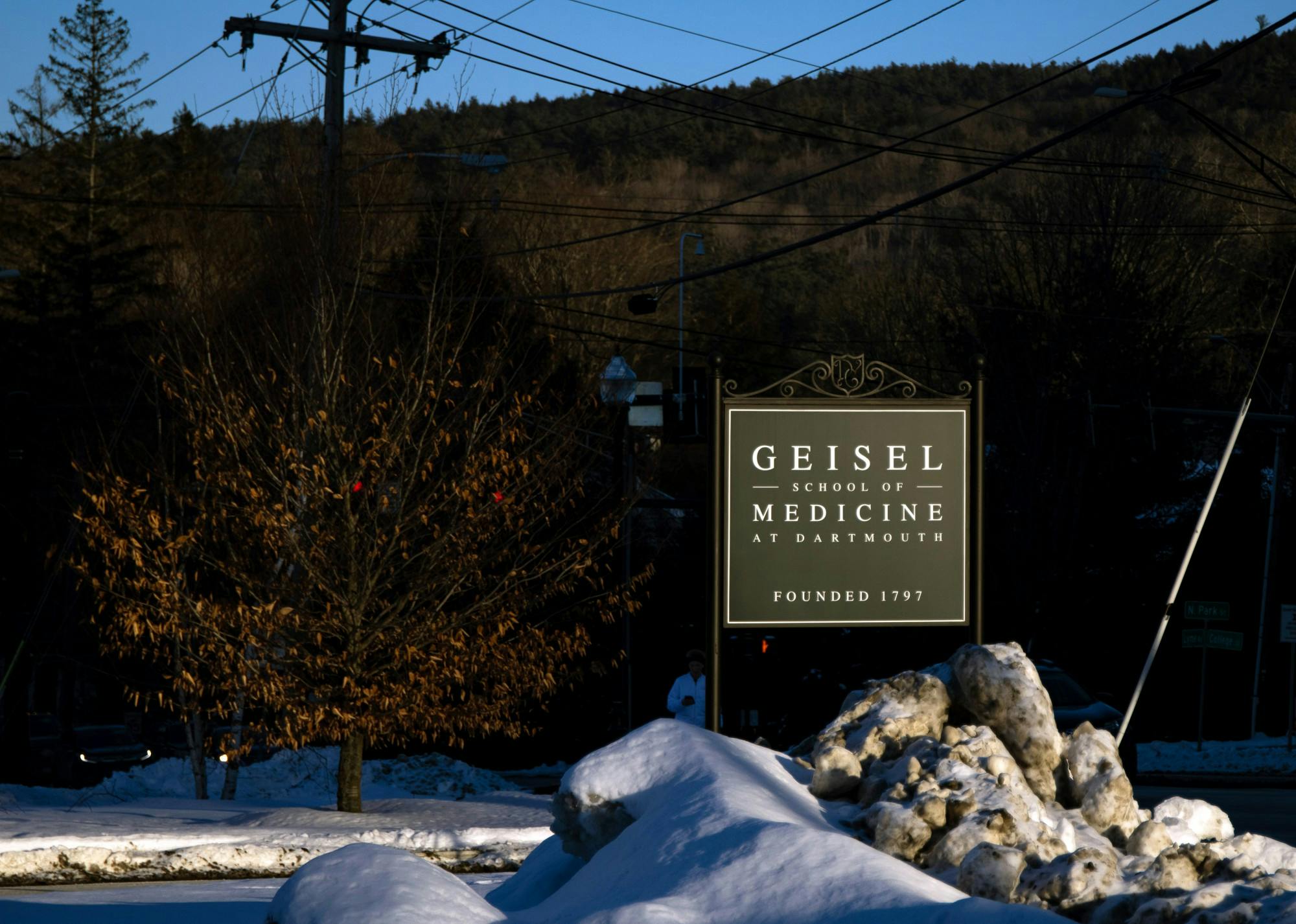Dartmouth College and Dartmouth-Hitchcock Health have received a joint $25 million donation from Dorothy Byrne to fund the Byrne Family Cancer Research Institute within the DH-H-affiliated Norris Cotton Cancer Center.
The donation was announced by the College in a Jan. 18 press release. Byrne, a long-time supporter of DH-H and the College, previously funded the Jack Byrne Center for Palliative and Hospice Care in 2017, according to DHMC senior manager of media relations Audra Burns. Her new gift for the institute forms the bulk of a $50 million campaign for the creation of the institute, and according to the press release, is the largest gift ever given jointly to the College and DH-H.
Norris Cotton Cancer Center director Steven Leach said that Byrne’s gift will formalize the role of the center as a bridge between the research conducted at the College and the patient care at DHMC. He said the donation will go toward funding innovative research initiatives, new state of the art equipment and clinical trials.
Leach said that the donation will allow for “the creation of new faculty positions — both PhD and physician scientists pursuing cancer research — and we hope [it] will also spark the funding of new endowed professorships to recruit new faculty to Dartmouth.”
According to Leach, the leadership for the institute is in place, but they have yet to invest the money that Byrne donated. As for the rest of the $50 million fund, he said he hopes Byrne’s lead donation will have a “multiplier effect” and “encourage other people to give in support of the institute.”
Geisel School of Medicine dean Duane Compton said the creation of the institute will put a spotlight on the cancer research activities at Geisel and at DHMC. He said that the institute will send a clear message to Dartmouth’s peer institutions about those research activities.
“That’s important for us reputationally amongst our peers — our peer cancer center organizations across the country — [because] they’re now getting a clear message that ‘Oh wow, there is a stand-alone research institute at Dartmouth,’ which just elevates the whole enterprise,” he said.
Compton said one long-term goal of the institute is to support the Norris Cotton Cancer Center’s pursuit of “precision prevention.”
“Instead of trying to treat people, let’s figure out how we can prevent it from happening,” he said. “That’s a very long term commitment, so it requires real resources.”
Like Leach, Compton said that he thinks the donations will enhance faculty recruitment and retention. Compton added that the institute will employ an “innovation accelerator program” to help discoveries get translated into patient care through clinical trials and the formation of startup companies.
“An innovation accelerator is how we can translate our scientific discoveries into commercial [endeavors], so companies will then be able to reach patients faster,” he said.
Burns wrote in an emailed statement that the new institute will “highlight the interconnectedness of the Academic Medical Center.” She added that the institute will be able to utilize not only the expertise of the Geisel Medical School and DHMC, but also other non-medical components of the College, such as the Tuck School of Business, the Thayer School of Engineering and the Dartmouth Institute for Health Policy.
“Research from NCCC will inform best practices in rural cancer prevention, diagnosis and treatment in our region and across the nation,” she wrote.
According to the Norris Cotton Cancer Center’s philanthropic plan, the second phase includes developing next-generation immunotherapies and partnering with the Magnuson Center for Entrepreneurship to bring “promising cancer research through commercialization” to reach the market while providing Dartmouth students with opportunities in “biomedical entrepreneurship.”
Burns said that the second phase of the philanthropic plan would hopefully be completed in five years or sooner. Compton said that the Byrne gift will energize other community donations.
“They have gotten really inspired by this and so we’ve already gotten contacts with people and had conversations about their willingness to step in and help participate in this,” he said. “It’s got a lot of momentum right now and I feel great about that.”




